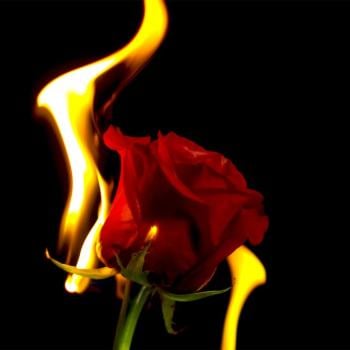
Epiphany – Three Kings Day
Celebrating the visit of the Magi
Now after Jesus was born in Bethlehem of Judea in the days of Herod the king, behold, wise men from the East came to Jerusalem, saying, “Where is He who has been born King of the Jews? For we have seen His star in the East and have come to worship Him.”
Matthew 2: 1-2 (NKJV)
This week many people will celebrate Epiphany on the 6th of January. Epiphany or Three Kings Day commemorates the visit of the wisemen (magi) after the birth of Christ. This holiday is mostly observed in the Orthodox, Catholic and Anglican traditions. (For some Orthodox churches, who use a different calendar, Epiphany will be celebrated on January 19).
In a previous essay, I wrote about how the wisemen were not “kings”, and how we don’t really know how many of them visited. What we do know is that they brought three gifts: gold, frankincense and myrrh.
When they heard the king, they departed; and behold, the star which they had seen in the East went before them, till it came and stood over where the young Child was. When they saw the star, they rejoiced with exceedingly great joy. And when they had come into the house, they saw the young Child with Mary His mother, and fell down and worshiped Him. And when they had opened their treasures, they presented gifts to Him: gold, frankincense, and myrrh.
Matthew 2: 9-11 (NKJV)
What did the gifts signify?
A few months ago, while visiting a perfume store in Cairo, I was introduced to several different types of perfume and told the significance of each one. I was surprised to see that the collection included myrrh and frankincense, and immediately thought about the Christmas story. I even made a short video in which I showed viewers the bottles of myrrh and frankincense and then apologetically mentioned that I didn’t have a “stash of gold”. I don’t remember the specifics of what I was told in that store about frankincense and myrrh, but some scholars believe that frankincense represented Jesus’ priestly role and myrrh foretold his death/embalmment. Others suggest that frankincense may have had a medicinal role.
Epiphany Traditions
Epiphany traditions include gift giving for some and taking down Christmas decorations for others. There are also several other interesting traditions, such as leaving out drinks for the Three Kings in Latin America and swimming in the freezing cold Vltava River in Prague, where men dress up as kings and ride camels for the Three Kings Day parade. In Switzerland, “Three King Bread” is traditionally baked and eaten on January 6. Mexicans celebrate epiphany by eating Rosca de Reyes, a special type of sweet bread.
Other Names for Epiphany
Eastern traditions celebrate Epiphany on January 19, commemorating the baptism of Jesus. Whether the focus is on the visit of the wisemen or the baptism, Epiphany (manifestation or revelation) celebrates the manifestation of Christ. Epiphany is also known as the twelfth day of Christmas.
Contrary to the song The Twelve Days of Christmas, which suggests that the twelve days precede Christmas, counting in this case starts on Christmas Day and the twelfth day falls on the 6th of January. Other names for the holiday include Theophany and Little Christmas.
A “second Christmas”
In the US, some Latinx communities consider Three Kings Day as a “second Christmas” and celebrate the former just as much as the latter. Since the wisemen were not at the manger scene, but actually visited much later, the term “second Christmas” actually seems quite appropriate!
Closing Thoughts
I knew very little about Epiphany prior to writing this essay. It was interesting to read about various cultures and traditions that I was previously unaware of. Learning about religious and cultural practices outside of our own can be very enlightening. I am reminded of the time I was writing an essay on the “Proverbs 31 woman” and learned so much, including the fact that Jewish men use this passage as a “praise song” of sorts for the women in their lives. That was profound, in my opinion, especially given how often I have heard the same passage wrongly interpreted through the lens of patriarchy. Learning is a life- long process! Let’s keep learning from each other!
For all who celebrate Epiphany or a “second Christmas”, have a happy holiday!
Happy New Year to all!
Check out my devotional book:
Living Foolproof! Wisdom for Daily Living, available on Amazon!














